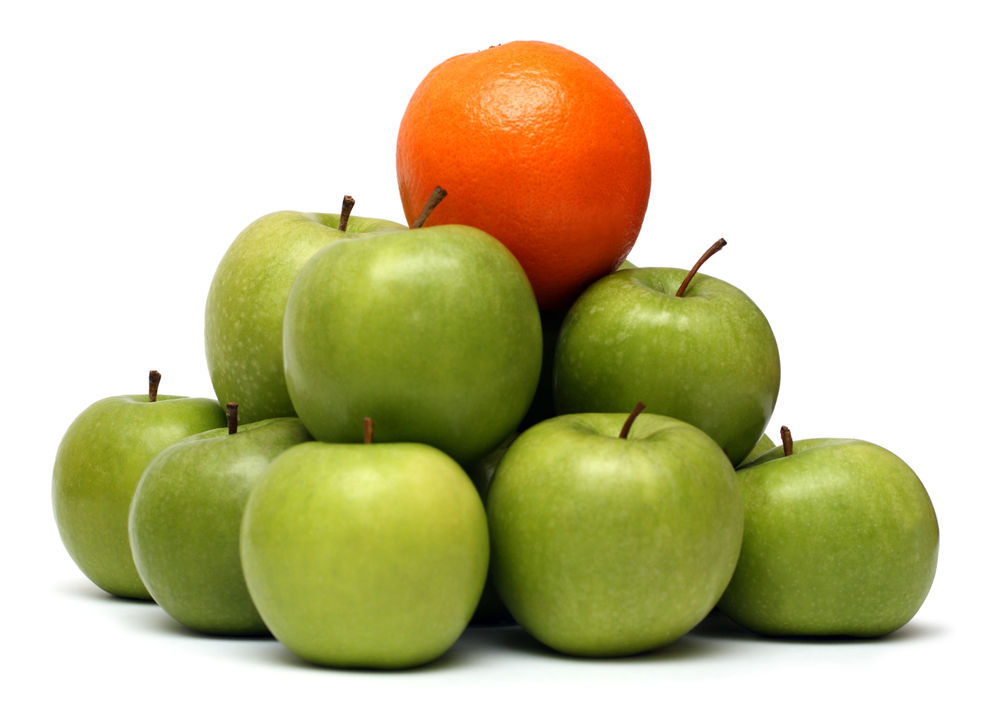What are the main differences between Nutritional Consultants and Dieticians

A Nutritional Consultant’s educational training differs vastly from that of the Dietician. A very large body of research and well documented scientific and evidenced-based knowledge exists concerning nutrition and preventative healthcare. Although a Nutritional Consultant does not diagnose disease they do receive highly specialized nutritional knowledge and general training in medical sciences such as anatomy, biochemistry, physiology, pathology, but with an emphasis on creating health and longevity. They are taught to help people feel good and remain disease free.
The client seeking nutritional health and wellness counselling often comes in with a “clean” medical bill of health with no abnormal medical tests but yet has vague, subjective symptoms. Body symptomatology such as fatigue, indigestion, muscle cramps, constipation, bloating, frequent infections etc., are signs that the body is not working as well as it should. Before disease ever presents itself there are bodily signs of imbalance. All of these signs can relate to nutritional imbalances and/or related environmental factors and lifestyle choices.
These aspects once addressed can contribute significantly to the health and well-being of the individual, and in the end save the government healthcare system the cost of many unnecessary visits to doctors’ offices, walk-in clinics, and the expense of avoidable prescription drugs.
Key Differences
(i) Diet and Supplementation vs. Diet Exclusively
Nutritional Consultant:
Diet alone does not supply enough nutrients for optimum health. Even the most carefully planned diet is less than adequate and significant benefits are realized with the addition of nutritional supplements.
Dietician:
Consuming the amount and type of food recommended and following the tips in Canada’s Food Guide will help to meet the needs for vitamins, minerals and other nutrients, and contribute to one’s overall health and vitality.
(ii) Biochemical Individuality vs. Population Norms
Nutritional Consultant:
The biochemical individuality of a person (how we differ nutritionally) necessitates the preferred foods and amounts of nutrients right for that person. We do need the same food factors (proteins, fats, minerals, vitamins, fiber, etc.) but we do not all need them in the same proportions or from the same sources. Our differences in digestion and assimilation as well as inherited constitution; strength and vitality create the need for a very personalized approach to dietary recommendations and nutrient requirements in order to build and maintain one’s health.
Dietician:
The nutritional needs of an individual conform to averages (RDAs), categories (4 food groups) and norms (by age).
(iii) ODI vs. RDA
Nutritional Consultant:
Vitamins contribute to health when they are supplied in ‘Optimum Daily Intake’ (ODI) amounts specific to an individual’s biochemical individuality. Each person is as unique biochemically as they are physically. Health conditions and various lifestyle stressors create emotional-physiological shifts in the body’s demand for specific micro-nutrients. Supplementation of therapeutic vitamins, minerals preparations helps optimize one’s own unique metabolic functioning.
Dietician:
The Recommended Daily Allowance (RDA) for nutrients is calculated to meet the needs of nearly all healthy individual in each gender and life-stage group. The RDA values are high enough to meet the needs or to prevent overt nutritional diseases in 97% to 98% of the population. Most people can meet their vitamin needs by following Canada’s Food Guide and eating a variety of healthy foods.
(iv) Tools of Nutritional Evaluation
Nutritional Consultant:
There is a nutritional or biochemical basis for many symptoms and diseases (genetics may determine the disease but diet and lifestyle allow the condition to appear). Symptoms are the body’s signal that an imbalance is present. Symptoms can be traced back to a tilt in chemistry that is not always evident in Blood work.
An extensive health history (taking into consideration *laboratory blood results), physical inspection of skin, hair, nails, tongue, etc., diet, lifestyle (exercise, job activities, technology use, recreation, emotional relationships, sleep) and body symptomatology questionnaires, anthropometric assessment, live-blood cell microscopy, hair-mineral analysis, vega-testing etc., are many of the tools used to assess a client’s nutritional status and requirements.
* Laboratory tests can produce misleading accuracy. Their results may be precise but irrelevant. Blood constantly strives to maintain a state of normalcy and will do so at the expense of other tissues in the body. i.e.: Blood calcium levels may be normal even during osteoporosis; the blood needs calcium to buffer acidity and it may rob bones to get it.
Dietician:
Emphasis is on eating habits, keeping portions in control, knowing servings sizes, and meeting the daily-recommended food intake from Canada’s Food Guide. If a patient comes as a doctor’s referral, a dietician will go over a meal plan that will help control their illness. i.e.: Diabetes. Testing comes from the Physician prior to the meeting.
(v) Dietary Choices, Nutritional Deficiencies and Behavior (SSBs)
Nutritional Consultant:
Simple carbohydrates, including sugar-sweetened beverages (SSBs), are unhealthy food choices but many times such choices are made due to: poor digestion (simple sugars are easier to digest), food addictions (rapid rises and falls in blood sugar create cravings) and/or allergies (malabsorption issues) all of which contribute to further nutrient deficiencies perpetuating a cycle of poor food choices and weakened health.
Dietician:
Sugar sweetened beverages (*SSBs) pose a health risk and so should have an excise tax of 10–20% applied to sugar-sweetened beverages sold in Canada. The results expected from such a tax suggested that consumers would adjust their choices to alternatives such as water, juice, coffee/tea, milk and/or diet drinks.
* SSBs include “soft drinks (soda or pop), fruit drinks, sports drinks, tea and coffee drinks, energy drinks, sweetened milks or milk alternatives, and any other beverages to which sugar has been added”.
(vi) Water
Nutritional Consultant:
Water is the most important nutrient of all. The two basic issues with water in our diet are quantity and quality. Most people are dehydrated as they fail to drink enough pure unadulterated water. It is essential for the proper functioning of the body to drink at least 8 glasses of quality water each day. Water quality is compromised by industrial pollution, acid rain, heavy metals, pesticide residues, chlorination and fluoridation. The first line of defense in water quality is to eliminate drinking tap water or use water filtration methods such as carbon, distillation or reverse osmosis.
Dietician:
Fluids include water and other beverages such as milk, juice, broth or soups, coffee and tea. Water is one of the best fluid choices, but it is a myth that you need 8 cups a day to stay healthy. Drink tap water. You don’t need to drink bottled water. If you drink well water it should be tested regularly.
(vii) Toxins and the Environment
Nutritional Consultant:
Most people think they are tired when they are actually toxic. Toxins get into our body through the air we breathe (inhaled), the food and drink we consume (ingested), and through our skin (absorbed). We get sick when our toxins accumulate in the blood and our systems fail to detoxify. Detoxification pathways can be blocked or damaged by vitamin, mineral, amino acid and fatty acid deficiencies. We are exposed to more chemicals than ever before i.e.: Pesticides & Herbicides (in growing food and on lawns), Food Additives (aspartame, saccharin, msg.), Aluminum (antiperspirants, cookware, antacids, dandruff shampoo), Electro Magnetic Fields (cell phones, computers, TV screens), Radiation (microwaves, X-rays, strontium 90 {Nuclear power leaks}), etc.
Dietician:
Small harmless doses of everyday chemicals from food, air and water do not bioaccumulate.
